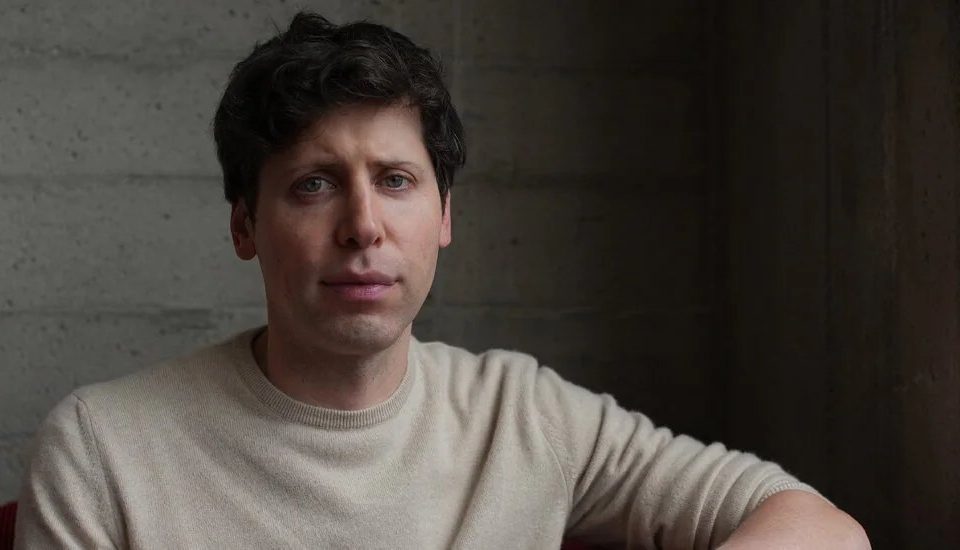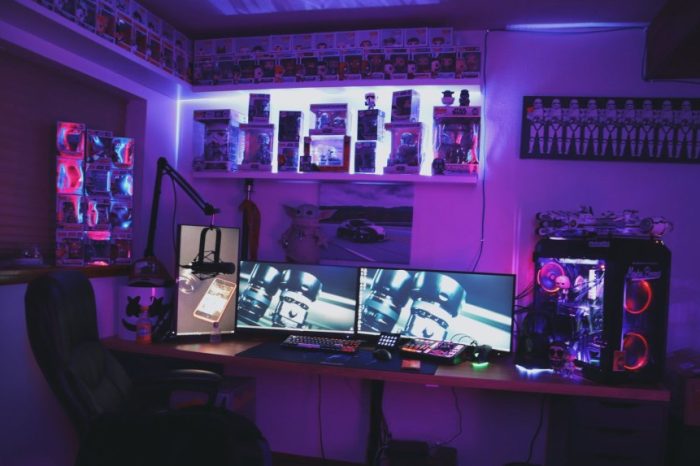Was Sam Altman fired by OpenAI’s board over ‘Q-Star’ breakthrough seen as threat to humanity?

The sudden news of OpenAI’s co-founder and former CEO, Sam Altman, being ousted by the company’s board on Friday left everyone in disbelief. Since then, various speculations and rumors have circulated online regarding his abrupt firing. While the reasons behind Altman’s ouster remain shrouded in secrecy, one thing is clear: Altman’s dismissal was not a result of misconduct or wrongdoing.
According to Axios, Altman’s firing as OpenAI CEO was not the result of “malfeasance or anything related to our financial, business, safety, or security/privacy practices” but rather a “breakdown in communications between Sam Altman and the board,” Axios reported, citing an internal memo from OpenAI COO Brad Lightcap.
“We can say definitively that the board’s decision was not made in response to malfeasance or anything related to our financial, business, safety, or security/privacy practices. This was a breakdown in communication between Sam and the board,” the memo read.
Meanwhile, the Wall Street Journal reported this morning that OpenAI chief scientist Ilya Sutskever led the board coup against Sam Altman. The Journal wrote that it was “OpenAI Genius Who Told Sam Altman He Was Fired.”
Why was Sam Altman fired?
So, why was Sam Altman fired? On Friday, the OpenAI board announced that Altman’s firing was because he was “not consistently candid” with the board. According to the announcement, Sam Altman’s departure from OpenAI was influenced by his leadership style, which was characterized by swift decision-making, ambitious expansion plans, and a willingness to take risks. While initially lauded for driving innovation and growth, this approach posed challenges in communication and collaboration among OpenAI’s diverse stakeholders.
OpenAI was founded as a non-profit in 2015 with the core mission “of ensuring that artificial general intelligence benefits all of humanity.” In 2019, the organization underwent a restructuring to enable it to secure capital while upholding its nonprofit mission, governance, and oversight. The board, predominantly composed of independent members without equity in OpenAI, plays a crucial role in steering the company’s growth while upholding its mission and Charter principles. Despite experiencing significant expansion, the board remains fundamentally responsible for advancing OpenAI’s mission and safeguarding its core principles.
However, contrary to OpenAI’s core mission of building AI for the benefit of humanity, critics contended that Altman’s leadership was too autocratic, lacking sufficient consultation with the OpenAI community before major decisions. Concerns also arose about the potential loss of focus on OpenAI’s core mission of ensuring the benefits of artificial general intelligence for humanity amid the pursuit of rapid growth.
Did OpenAI’s Board Fire Sam Altman Due to Concerns About the ‘Q-Star’ Breakthrough Being Deemed a Threat to Humanity?
According to Reuters, Sam Altman’s departure from OpenAI was triggered by a letter to the board concerning a significant AI breakthrough. According to two individuals familiar with the situation, a group of staff researchers penned a letter cautioning the board about a potent artificial intelligence discovery, expressing concerns about its potential threat to humanity.
“Ahead of OpenAI CEO Sam Altman’s four days in exile, several staff researchers wrote a letter to the board of directors warning of a powerful artificial intelligence discovery that they said could threaten humanity,” Reuters reported.
Behind the scenes, OpenAI’s board is composed of influential figures in the AI field—researchers and entrepreneurs with a mix of perspectives, including those categorized as “doomers” and “AI Altruists.” This intellectual community is concerned about existential risks associated with highly advanced AI and stems from the effective altruism movement, emphasizing a rational approach to minimizing human suffering.
Despite OpenAI’s CEO, Sam Altman, successfully securing significant funding, including $13 billion from Microsoft, and driving the development of advanced AI, the organization operates as a nonprofit with a mission to benefit humanity through AI. The clash emerged as Altman aimed for rapid commercialization, unsettling board members who perceived potential risks in such an approach.
The board’s choice to replace Altman with Emmett Shear, a known AI skeptic and former Twitch CEO, reflects a shift in perspective. Shear has openly acknowledged the frightening aspects of AI risks. However, this move has triggered controversy, with investors, including tech optimists, expressing concerns that the decision may hinder innovation. Some investors are contemplating devaluing their investments to influence the board, while even Microsoft’s CEO has indicated openness to Altman’s return to OpenAI.
In essence, the decision to replace Altman has sparked a debate, with supporters contending that he was unfairly held responsible for the company’s challenges. Nevertheless, the board’s action underscores OpenAI’s commitment to finding a leader capable of skillfully navigating the intricate terrain of AI governance and steering the company toward its ambitious goals.
The full letter from the OpenAI board:
“Chief technology officer Mira Murati appointed interim CEO to lead OpenAI; Sam Altman departs the company.
Search process underway to identify permanent successor.
The board of directors of OpenAI, Inc., the 501(c)(3) that acts as the overall governing body for all OpenAI activities, today announced that Sam Altman will depart as CEO and leave the board of directors. Mira Murati, the company’s chief technology officer, will serve as interim CEO, effective immediately.
A member of OpenAI’s leadership team for five years, Mira has played a critical role in OpenAI’s evolution into a global AI leader. She brings a unique skill set, understanding of the company’s values, operations, and business, and already leads the company’s research, product, and safety functions. Given her long tenure and close engagement with all aspects of the company, including her experience in AI governance and policy, the board believes she is uniquely qualified for the role and anticipates a seamless transition while it conducts a formal search for a permanent CEO.
Mr. Altman’s departure follows a deliberative review process by the board, which concluded that he was not consistently candid in his communications with the board, hindering its ability to exercise its responsibilities. The board no longer has confidence in his ability to continue leading OpenAI.
In a statement, the board of directors said: “OpenAI was deliberately structured to advance our mission: to ensure that artificial general intelligence benefits all humanity. The board remains fully committed to serving this mission. We are grateful for Sam’s many contributions to the founding and growth of OpenAI. At the same time, we believe new leadership is necessary as we move forward. As the leader of the company’s research, product, and safety functions, Mira is exceptionally qualified to step into the role of interim CEO. We have the utmost confidence in her ability to lead OpenAI during this transition period.”
OpenAI’s board of directors consists of OpenAI chief scientist Ilya Sutskever, independent directors Quora CEO Adam D’Angelo, technology entrepreneur Tasha McCauley, and Georgetown Center for Security and Emerging Technology’s Helen Toner.
As a part of this transition, Greg Brockman will be stepping down as chairman of the board and will remain in his role at the company, reporting to the CEO.
OpenAI was founded as a non-profit in 2015 with the core mission of ensuring that artificial general intelligence benefits all of humanity. In 2019, OpenAI restructured to ensure that the company could raise capital in pursuit of this mission, while preserving the nonprofit’s mission, governance, and oversight. The majority of the board is independent, and the independent directors do not hold equity in OpenAI. While the company has experienced dramatic growth, it remains the fundamental governance responsibility of the board to advance OpenAI’s mission and preserve the principles of its Charter.”
You can follow the news of OpenAI saga on X with @DavidSacks.
.@DavidSacks on @OpenAI:
"It was on a trajectory to be one of the next great companies of Silicon Valley."
"This was a company and founder who were at the top of their game."
the completely inexplicable part: there appears to be NO good reason for this pic.twitter.com/nYPEN39EFp
— This Week in Startups (@twistartups) November 21, 2023

